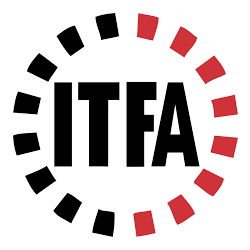
Beyond the Bottom Line: ESG Ratings – Procurement’s New Moral Compass
The world of procurement is undergoing a significant transformation, propelled by the growing importance of Environmental, Social, and Governance (ESG) factors.

CoriolisESG is propelling sustainability with the world’s first automated environmental, social and governance scoring solution.
It is an accessible, independent and highly effective solution. CoriolisESG has been developed in collaboration with more than 70 financial institutions, banks and professional bodies.
CoriolisESG, delivered via UI or API, enhances enterprise intelligence and resilience by measuring key entity data against globally recognised frameworks, such as the UN Sustainable Development Goals and the EU Taxonomy.

The world of trade in one window.
Get unparalleled insight into the complex web of geopolitical risks, macroeconomic trends, and international trade conditions that form today’s global trading landscape.
CoriolisESG by TradeSun is working with a range of partners to drive sustainability across global business and supply chain.
We firmly believe that the only way to support and facilitate sustainable socio-economic growth will be through collaboration.






The world of procurement is undergoing a significant transformation, propelled by the growing importance of Environmental, Social, and Governance (ESG) factors.

TradeSun and London Forfaiting Company (LFC) have announced an agreement for LFC to leverage TradeSun’s digital technology to advance their risk and compliance capabilities, with focus on ESG sustainability, across global trade.

Whether ESG and sustainability-linked initiatives and policy meet the needs of developing economies remains a topic of intense debate